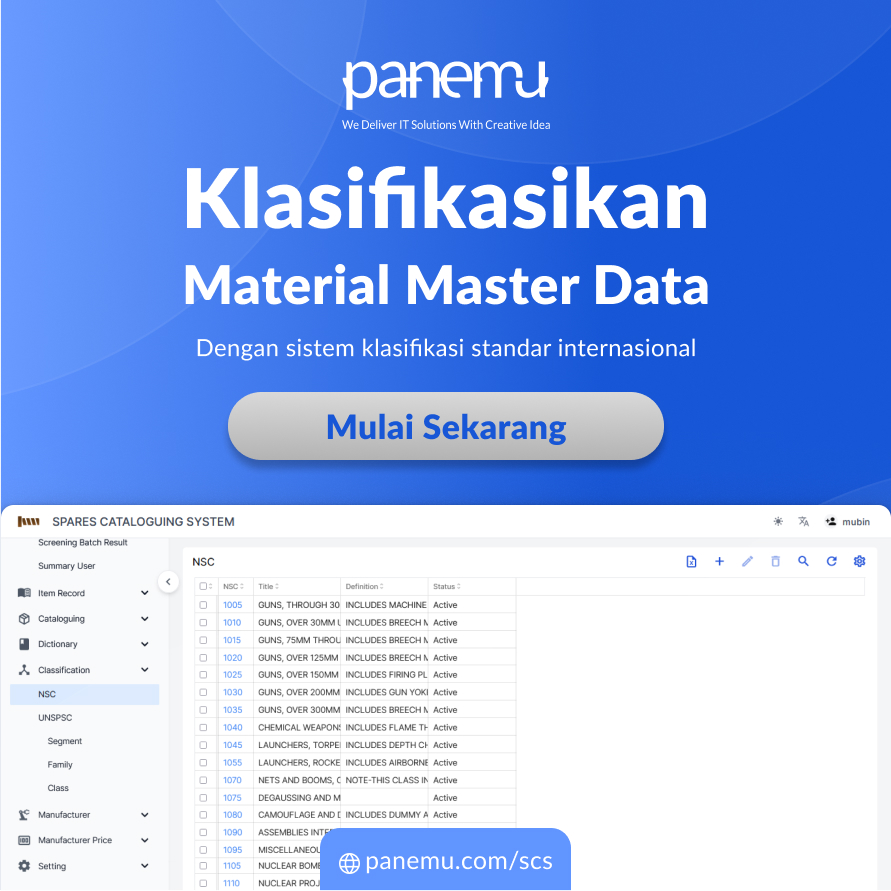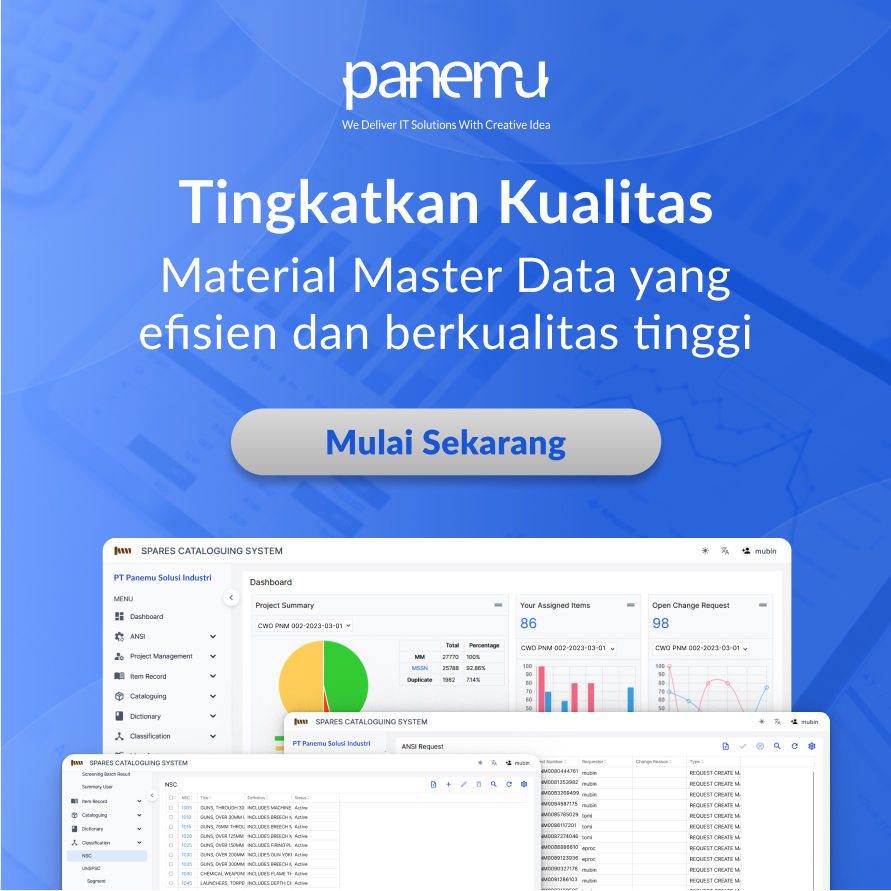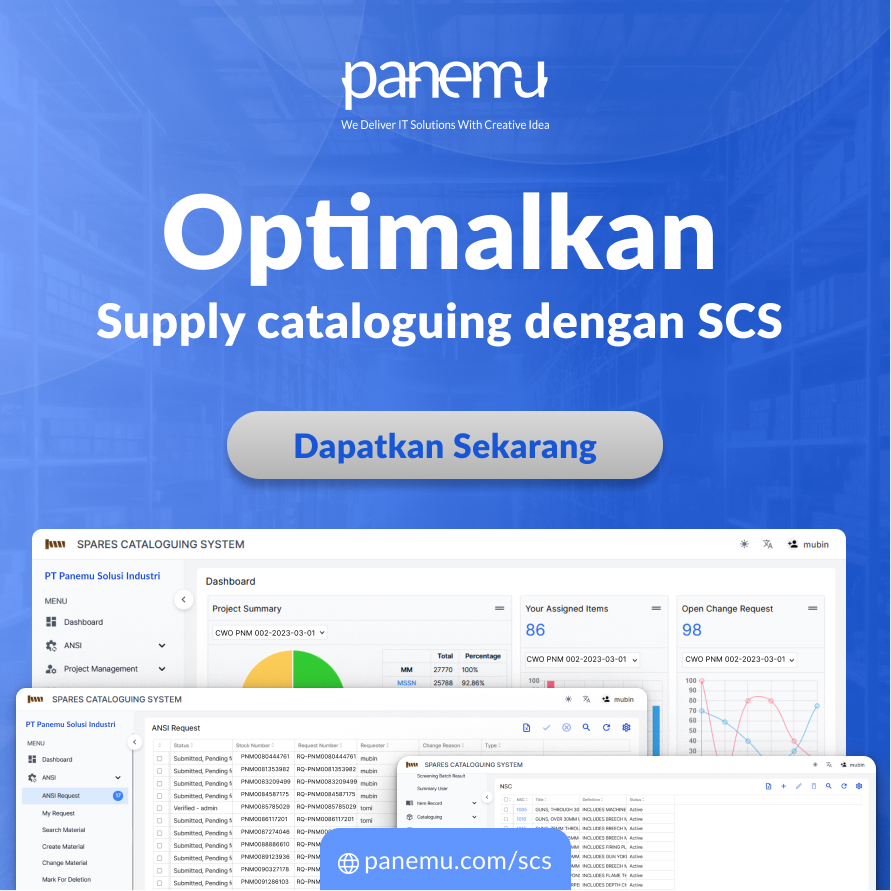Introduction: The Hidden Engine of Operational Efficiency
In the intricate world of enterprise resource planning (ERP), certain components operate behind the scenes, silently ensuring the seamless flow of operations and financial accuracy. One such unsung hero is the Valuation Class. While it might not be the most glamorous feature, its role is pivotal in bridging the gap between inventory management and financial reporting.
For industries like oil, mining, gas, manufacturing, retail, and electric power, where spare parts management is critical, understanding the Valuation Class can lead to significant operational and financial benefits.
Decoding the Valuation Class: More Than Just a Code
At its core, the Valuation Class in ERP systems, particularly in SAP, is a classification that determines how a material is valued and how its transactions are posted to the General Ledger (G/L) accounts. It acts as a bridge between the Material Master Data and the financial accounting system, ensuring that every material movement is accurately reflected in the company's financial statements.
For instance, when a spare part is procured, consumed, or transferred, the Valuation Class dictates which G/L account the transaction impacts. This ensures that the cost of goods sold (COGS), inventory valuations, and other financial metrics are accurately recorded, providing a true picture of the company's financial health.
The Strategic Importance in Spare Parts Management
In industries where equipment uptime is paramount, spare parts management becomes a critical function. The Valuation Class plays a significant role here by:
- Accurate Inventory Valuation: By assigning appropriate Valuation Classes to spare parts, companies can ensure that their inventory is valued correctly, reflecting true costs and aiding in better financial planning.
- Enhanced Financial Reporting: With precise mapping to G/L accounts, financial reports become more accurate, aiding stakeholders in making informed decisions.
- Optimized Procurement Processes: Understanding the valuation of spare parts can lead to more strategic procurement decisions, balancing cost with operational necessity.
- Improved Maintenance Planning: By analyzing the consumption patterns and costs associated with spare parts, maintenance schedules can be optimized, reducing downtime and increasing efficiency.
Real-World Impact: A Case Study
Consider a manufacturing plant that implemented a preventive maintenance strategy, focusing on critical components like bearings and belts. By leveraging the Valuation Class in their ERP system, they achieved:
- 71% cost savings on taper roll bearings
- 76% reduction in expenses for thrust ball bearings
- 61% savings on timing belts
- 59% cost reduction for disc pack components
These significant savings were attributed to better inventory control, accurate financial tracking, and optimized maintenance schedules—all facilitated by the effective use of Valuation Classes.
Challenges and Considerations
While the benefits are clear, implementing and managing Valuation Classes isn't without challenges:
- Complex Configuration: Setting up Valuation Classes requires a deep understanding of both the material types and the financial implications.
- Data Accuracy: Incorrect assignment can lead to financial discrepancies, affecting reporting and decision-making.
- Change Management: Altering Valuation Classes for existing materials can be complex, especially if there are existing stocks or open transactions.
To navigate these challenges, companies often turn to specialized services that offer expertise in cataloging and valuation strategies.
Elevate Your Operations with Panemu's SCS and Cataloguing Services
Recognizing the critical role of accurate material valuation and classification, Panemu offers the Smart Cataloguing System (SCS) and Cataloguing Services tailored for industries like oil, mining, gas, manufacturing, retail, and electric power.
Smart Cataloguing System (SCS):
- Automated Classification: Leverages AI to assign appropriate Valuation Classes, reducing manual errors.
- Real-Time Updates: Ensures that any changes in material data are reflected instantly across the system.
- Integration with ERP: Seamlessly connects with existing ERP systems, enhancing data consistency.
Cataloguing Services:
- Expert Analysis: Our team assesses your current material data, identifying discrepancies and areas for improvement.
- Customized Solutions: We develop strategies tailored to your operational needs, ensuring optimal valuation and classification.
- Training and Support: Empowering your team with the knowledge to maintain and manage Valuation Classes effectively.
By partnering with Panemu, you not only enhance your financial reporting accuracy but also streamline your spare parts management, leading to increased operational efficiency and cost savings.
Conclusion: Unlocking Operational Excellence
In the intricate dance of operations and finance, the Valuation Class serves as a crucial choreographer, ensuring harmony between material movements and financial records. By understanding and effectively managing this component, companies can achieve greater transparency, efficiency, and profitability.
Embrace the power of accurate material valuation with Panemu's SCS and Cataloguing Services, and set your organization on the path to operational excellence.
For more information on how Panemu can transform your material management and financial reporting, visit Panemu's Smart Cataloguing System.
